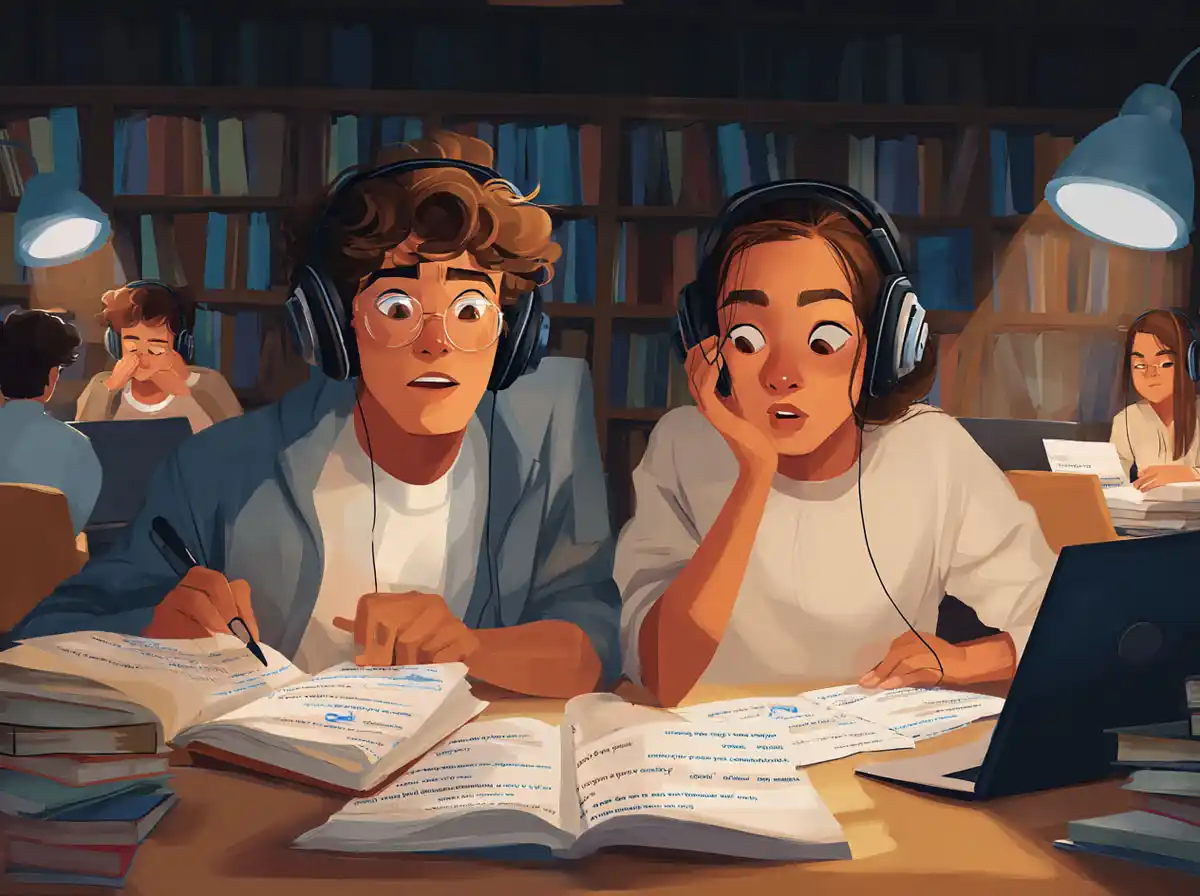Understanding Small Talk in Belarusian Culture
Small talk in Belarusian culture serves as a social lubricant, helping to break the ice and establish friendly connections. Unlike some cultures where small talk might be brief or superficial, Belarusians often use small talk to show politeness, warmth, and genuine interest in others. It is common to engage in light conversations about the weather, family, work, and everyday life before transitioning to more substantial topics.
Why Is Small Talk Important in Belarusian?
– Builds trust and rapport in both personal and professional settings
– Demonstrates respect and politeness, which are highly valued in Belarusian society
– Helps learners practice pronunciation, vocabulary, and grammar in a natural context
– Provides insight into Belarusian customs and social norms
– Facilitates smoother social integration for foreigners and language learners
Common Small Talk Topics in Belarusian
Belarusians tend to discuss safe, neutral topics during initial conversations. Here are some common themes that are ideal for small talk:
- Weather (надвор’е / nadvor’ye): A universal icebreaker, discussing the weather is a polite way to start a conversation.
- Family (сям’я / syam’ya): Asking about family members is considered warm and friendly.
- Work and Studies (праца і вучоба / pratsa i vuchoba): Talking about jobs or education shows interest in the other person’s life.
- Hobbies and Interests (хобі і захапленні / khobi i zakhaplenni): Sharing leisure activities can lead to deeper conversations.
- Local Events and Holidays (мясцовыя падзеі і святы / myatsovyya padzei i svyaty): Discussing cultural events helps learners connect with Belarusian traditions.
Essential Belarusian Phrases for Small Talk
Mastering a set of practical phrases can help learners initiate and maintain small talk smoothly. Below are some useful Belarusian expressions categorized by common conversational functions.
Greetings and Introductions
- Добры дзень (Dobry dzień) – Good day / Hello
- Прывітанне (Pryvítanne) – Hi / Hello (informal)
- Як вас завуць? (Yak vas zavuts’?) – What is your name?
- Мяне завуць… (Myanye zavuts’…) – My name is…
- Рады вас бачыць (Rady vas bachyts’) – Nice to see you
Small Talk Starters
- Як справы? (Yak spravy?) – How are you?
- Як надвор’е сёння? (Yak nadvor’ye syońnya?) – How is the weather today?
- Вы адкуль? (Vy adkul’?) – Where are you from?
- Чым вы займаецеся? (Chym vy zaymayetesya?) – What do you do? (profession or activity)
- Вы любіце беларускую кухню? (Vy lyubitse belaruskuyu kukhnyu?) – Do you like Belarusian cuisine?
Responses and Follow-Up Questions
- Добра, дзякуй. А ў вас? (Dobra, dziakuj. A u vas?) – Good, thank you. And you?
- Сёння сонечна і цёпла. (Syońnya sonechna i tsyopla.) – It’s sunny and warm today.
- Я з Менска. (Ya z Menska.) – I am from Minsk.
- Я працую ў школе. (Ya pratsuyu u shkole.) – I work at a school.
- Люблю вандраваць у прыродзе. (Lyublyu vandravats’ u pryrodze.) – I like hiking in nature.
Non-Verbal Communication and Etiquette in Belarusian Small Talk
Understanding body language and social etiquette is as important as verbal skills in Belarusian conversations. Some key points to consider:
- Eye Contact: Maintaining steady but not overly intense eye contact is a sign of attentiveness and respect.
- Personal Space: Belarusians generally prefer a moderate personal space during conversations; standing too close may feel intrusive.
- Politeness: Use polite forms of address such as “вы” (vy) instead of “ты” (ty) when speaking to strangers or elders.
- Handshake: A firm handshake is a common greeting in formal settings.
- Facial Expressions: Smiling is appreciated but should be genuine; excessive smiling might be perceived as insincere.
Tips for Practicing Small Talk in Belarusian
Learning small talk phrases is just the first step. To become comfortable and fluent, consider the following strategies:
Use Language Exchange Platforms Like Talkpal
Talkpal connects you with native Belarusian speakers for real-time conversations. This interactive practice helps you:
- Improve pronunciation and listening skills
- Gain confidence in using everyday expressions
- Receive immediate feedback and corrections
- Learn cultural context and slang
Immerse Yourself in Belarusian Media
Watching Belarusian TV shows, listening to radio programs, or reading local newspapers can expose you to natural language use and common small talk topics.
Practice Regularly with Friends or Tutors
Consistent practice with language partners or professional tutors helps solidify small talk skills and expands vocabulary.
Record and Review Your Conversations
Recording your speaking sessions allows you to self-assess pronunciation, grammar, and fluency, leading to targeted improvements.
Challenges Learners Face When Engaging in Belarusian Small Talk
While small talk may seem straightforward, learners often encounter specific difficulties:
- Pronunciation: Belarusian contains soft consonants and vowel sounds unfamiliar to many learners.
- Politeness Forms: Choosing the correct level of formality can be confusing for beginners.
- Cultural References: Understanding idiomatic expressions and cultural nuances requires exposure and experience.
- Limited Practice Opportunities: Belarusian is less widely spoken globally, which can make finding conversation partners challenging.
Using Talkpal and other language communities can help overcome these obstacles by providing ample practice and cultural insights.
Conclusion
Mastering small talk in Belarusian is a vital step for language learners aiming to build meaningful connections and navigate social situations confidently. By familiarizing yourself with common phrases, cultural norms, and conversational topics, you can engage warmly and naturally with Belarusian speakers. Leveraging tools like Talkpal for immersive practice enhances your learning experience and accelerates your progress. Whether you are visiting Belarus, making new friends, or expanding your linguistic repertoire, small talk provides a gateway to deeper cultural understanding and lasting relationships. Embrace the challenge, practice consistently, and enjoy the rich conversational landscape of the Belarusian language.










